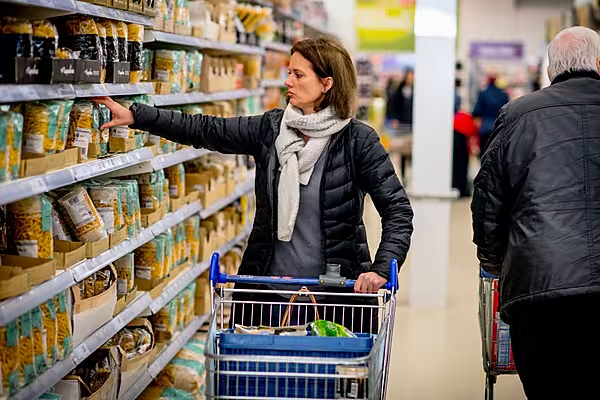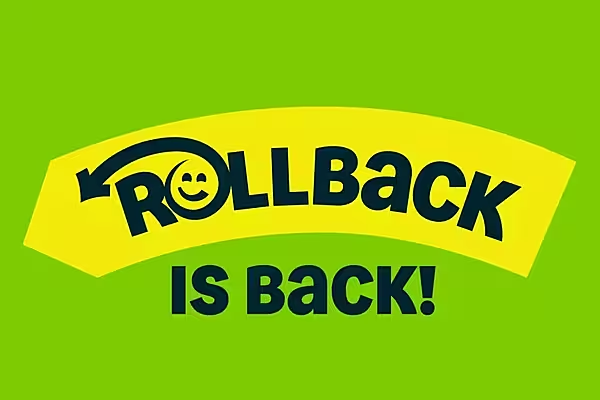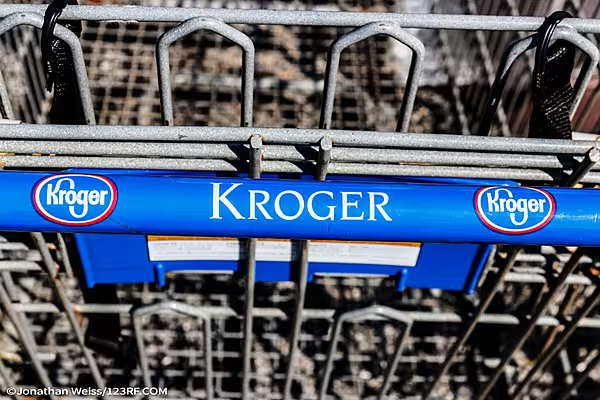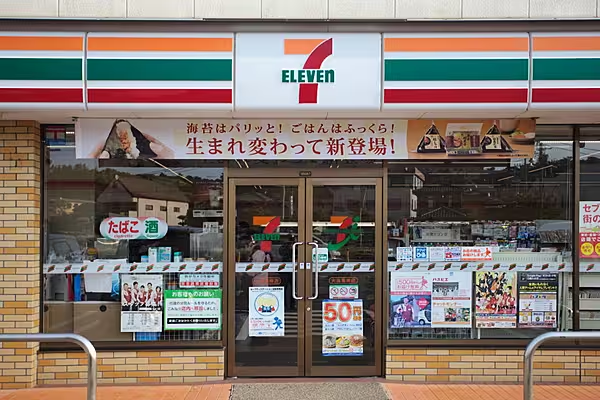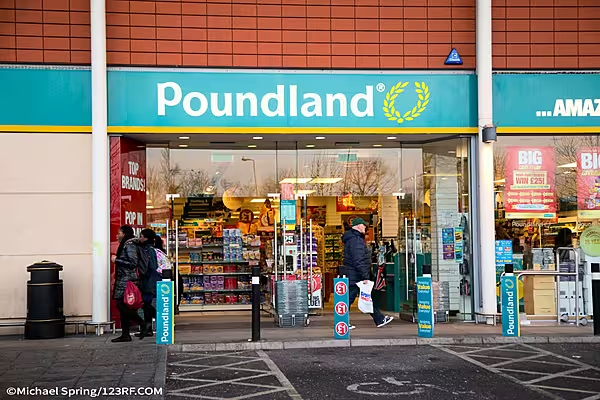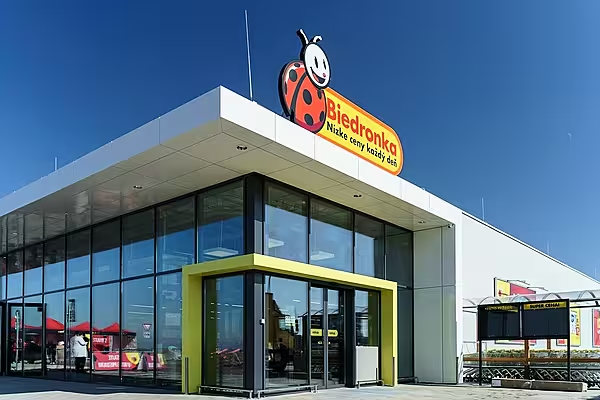Take-home grocery sales in the UK increased by 4.3% year on year in the four weeks to 26 January 2025 as inflation slowed to 3.3%, according to the latest data from Kantar.
Spending on promotions rose to the highest this January since 2021, increasing by £274 million (€329.4 million) year-on-year and accounting for 27.2% of sales, data showed.
Retailers helped ease the pressure on purse strings by offering discounts as shoppers are typically stretched at this time of the year.
Fraser McKevitt, head of retail and consumer insight at Kantar, added, “People also turned to non-branded products to help keep costs down, with own label as a proportion of sales hitting a record high of 52.3% in January.
“Spending on supermarkets’ own lines was up 5.4%, helped by consumers buying premium own label products in the couple of days leading up to New Year’s Eve.”
Consumer Trends
Average consumers focused on wellness in this period, with more than 10% of their grocery bills going to purchases of fresh fruit, vegetables, and salad.
Overall, shoppers spent £1.2 billion (€1.44 billion) on these products – £193 million (€232.04 million) more than in December 2024.
Nathan Ward, business unit director for usage and out-of-home at Kantar, added, “Rolling into the new year, health tends to play a bigger role in our grocery choices.
“Over a quarter of take-home food and drink in January is chosen with health at least partially in mind, as shoppers tell us they want to eat less processed food and feel the benefit of fibre and vitamins.”
There was also an increase in demand for protein products such as bars, bites and drinks.
As a result, sports nutrition products witnessed sales growth of 47% at supermarkets compared to the previous year with over two million households buying these items during the month.
Sales of low- and no-alcohol drinks were 7% higher than last January, and 6.7% of households bought at least one of these alternatives.
McKevitt commented, “It’s no surprise to see the low and no alcohol trend make its mark in January, but given some of the generational splits we have seen in grocery, it’s interesting that older shoppers are just as likely to take these products home as younger ones.
“Not everyone signed up for dry January though, with 49% of people buying an alcoholic drink this month – but this is a pretty big drop from December’s 76%.”
Top Retailers
Tesco emerged as Britain's top grocer in terms of market share, which increased 0.7% year on year to 28.5%. It also saw its fastest increase in sales since April 2024 at 5.6%.
Elsewhere, Sainsbury’s outpaced the market with sales growth of 4.2%, increasing its share from 15.7% to 15.9%.
Asda's market share stood at 12.6%, while Aldi saw the third consecutive month of growth with sales up 4.2% and a market share of 10.2%.
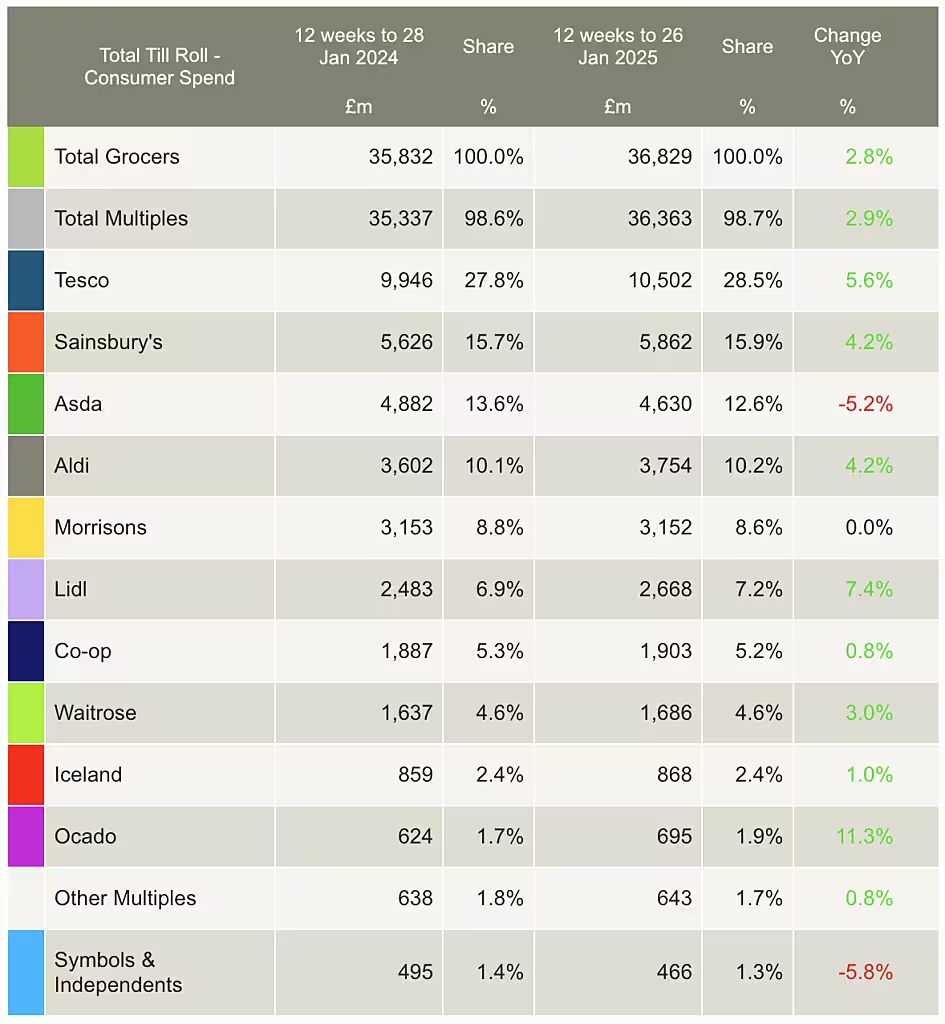
Morrisons had 8.6% of the market, while convenience retailer Co-op returned to growth, with sales rising by 0.8% giving it a 5.2% share.
Ocado was the fastest-growing grocer for the ninth consecutive month with spending at the online retailer growing by 11.3% and a market share of 1.9%.

